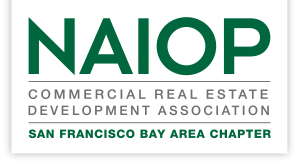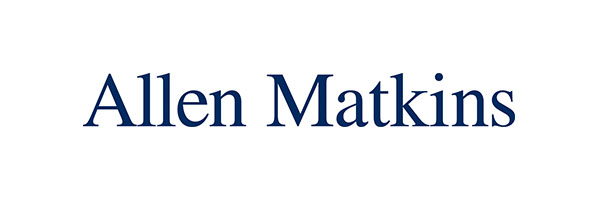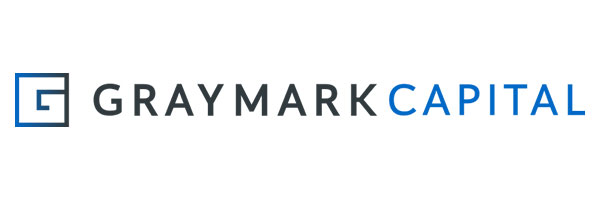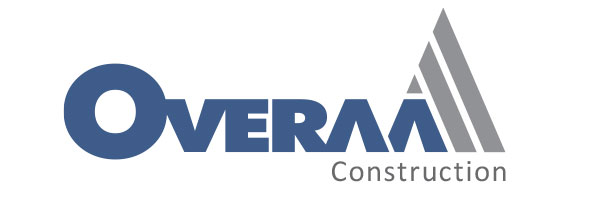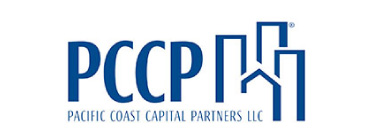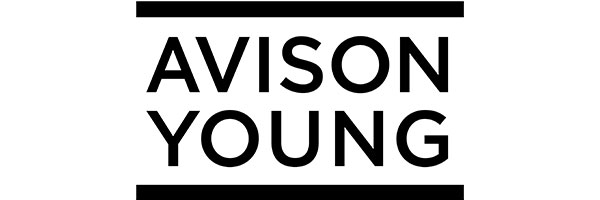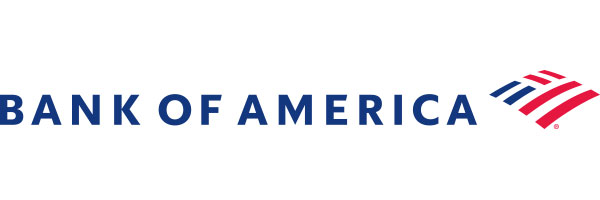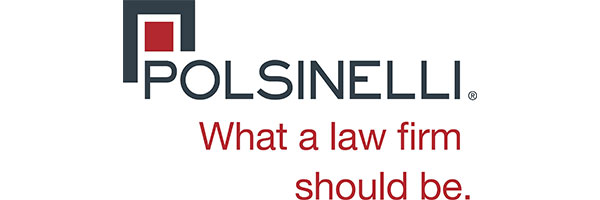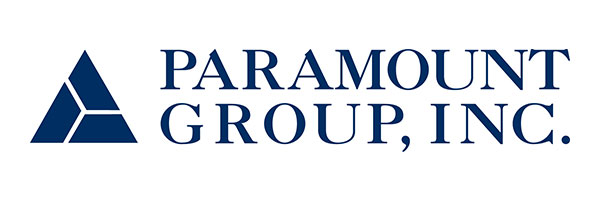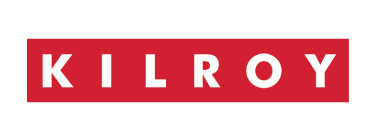CBPA's California Legislative Update 4/5/19
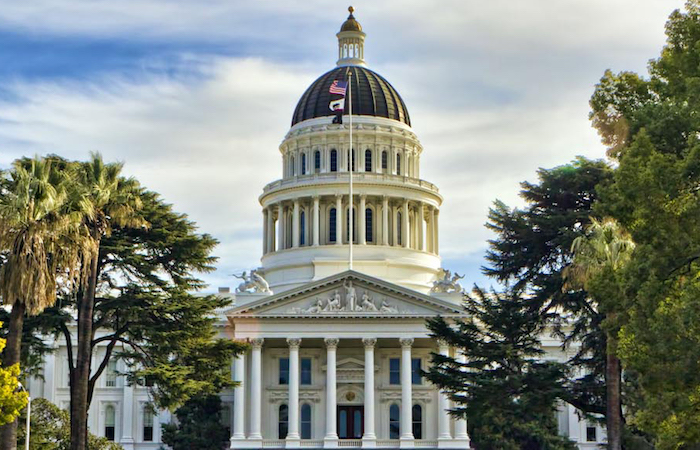
- REAL ESTATE BROKERAGE FIRMS – USE OF LLC – MOVES FORWARD
- BILL TARGETING WAREHOUSE CONSTRUCTION OPPOSED
- EMPLOYER TAX BREAK ELIMINATIONS OPPOSED
- 12 WEEKS PROTECTED LEAVE BILL OPPOSED
- INDUSTRY SUPPORTS DISTRIBUTED ENERGY BILL
- PLEASE TAKE THE ARB CHARGING STATION SURVEY
- CBPA 2019 CALENDAR
REAL ESTATE BROKERAGE FIRMS – USE OF LLC – MOVES FORWARD
With a vote of 19-0, AB 687 (D-Anaheim) moved through the Assembly Judiciary Committee. The bill will allow limited liability companies (LLC) to operate as a real estate broker. The bill next goes to the Assembly Judiciary Committee where it is expected to receive a bit more scrutiny from the panel who have already signaled questions related to transparency, implementation cost, and insurance related issues.
Real estate broker licensing was not extended to LLCs when other types of licensing were extended to LLCs because at that time our industry standard was to operate as corporations and partnerships and our members had little or no familiarity or experience with LLCs. Over time that has shifted and now many companies within the real estate industry use LLCs extensively to hold and operate real property. AB 687 updates the statute to reflect that evolution in the industry.
Enabling brokerage firms to form as an LLC will allow greater flexibility in management and operations which will be particularly helpful for smaller firms and those with an in-house broker. This comports with the less formal operations of smaller businesses. AB 687 also will enable a savings of both time and costs for these firms as operating as an LLC means more streamlined entity reporting and filing requirements than a corporation.
Finally, AB 687 will simplify taxation at the entity level as gains and losses are passed through and taxation occurs at the individual owner level. Although Subchapter S corporations do offer the same income tax pass-through feature, limitations on number and types of owners and other restrictions make the Subchapter S vehicle less readily available.
Under AB 687, LLCs would not receive any favored treatment (over corporations) as to broker licensing. LLC licensees would have the same filing requirements as corporate licensees with respect to licensing; LLC licensees would have the same insurance requirements as corporate licensees; and LLCs would pay property taxes on real property owned at the same rates and using the same valuation principles applicable to corporate real estate owners.
We will keep you posted on AB 687’s progress and thank Assemblymember Daly for working with us on this measure.
BILL TARGETING WAREHOUSE CONSTRUCTION OPPOSED
AB 485 by Assemblymember Jose Medina (D-Riverside) is a re-introduction of a bill from last year that our industry opposed and was vetoed by Governor Brown. The bill comes up with a complicated set of reporting requirements that certain industrial projects must provide before a city can offer economic incentives over a certain amount.
Our industry strongly opposes the bill again this year as it unreasonably targets one building type, warehouses, when working together with a local government on economic development subsidies. Those decisions should be left under the purview of local government authorities.
Current law already requires extensive disclosure of information by all project types getting such subsidies.
Here is the Governor’s veto message of this idea from last year.
EMPLOYER TAX BREAK ELIMINATIONS OPPOSED
Working with a large coalition of employer groups, including our friends at CalTax, we are strongly in opposition to SB 468 (Jackson; D-Santa Barbara) a bill that would repeal major employer and business tax incentives on December 31, 2023, if certain conditions are not met, and result in one of the largest tax increases in recent years.
SB 468 would disproportionately punish those industries that provide some of the highest paying wages in California. Among others, this measure would repeal the state’s R&D tax credit, which primarily affects technology and manufacturing sectors. Manufacturing jobs pay $83,000 a year on average and are a critical engine to growing the state’s middle class and creating new high-wage jobs. Every manufacturing job supports at least 2.5 additional jobs in the economy due to a multiplier effect.
Additionally, with a $20 BILLION higher taxes are simply unnecessary. The state is receiving enough revenue to service the People of California.
Finally, this drastic action, along with other threats on the horizon such as November 2020’s Split Roll Property Tax initiative will pull-the-rug out from under our roaring economy.
SB 468 is an ill-advised idea that we will work hard to defeat!
12 WEEKS PROTECTED LEAVE BILL OPPOSED
Another bill by Assemblymember Jackson (D-Santa Barbara) that we are forced to oppose is SB 135. Labeled as a Job Killer by the CalChamber, the bill would significantly harm small employers in California with as few as 5 employees by requiring these employers to provide 12 weeks of a protected leave of absence each year, in addition to existing leaves of absences already required.
SB 135 requires an employer with only five employees to provide a 12-week, protected leave of absence to an employee, regardless of the number of hours the employee works. This proposed leave is “protected,” meaning the employer has no discretion to deny it or ask the employee to modify the leave to accommodate the employer’s business operations or other employees’ who may be out of work on other California leave of absences. If an employer denies, interferes with, or discourages the employee from taking the leave, the employer could be subject to crushing litigation.
California is already recognized by the National Conference of State Legislatures as one of the most family friendly states given its list of programs and protected leaves of absence, including: paid sick days, school activities leave, kin care, paid family leave program, pregnancy disability leave, and the California Family Rights Act. This list is in addition to the leaves of absence required at the federal level. Imposing another 12-week leave of absence is simply too much for employers to bear, especially small employers.
INDUSTRY SUPPORTS DISTRIBUTED ENERGY BILL
SB 288 (Wiener; D-San Francisco) a measure designed to reduce barriers to the deployment of distributed energy resources by addressing needed changes in utility tariffs and reducing interconnection challenges. This bill is dubbed the Solar Bill of Rights.
SB 288 would ensure that California businesses and homeowners are able to make, store and use clean energy on their property without undue interference from the utility; connect clean energy technologies to the grid in a quick and efficient manner; be free from inequitable fees and charges associated with installing onsite clean energy technologies; and increase the reliability and resiliency of the state’s electric grid.
As wildfires and other climate-related challenges become more frequent and destructive, California must build a power grid that is more reliable, resilient and safe. By reducing climate pollution, increasing the state’s reliance on distributed energy resources, and giving customers a way to keep the lights on when the grid goes down, local solar, batteries, and other smart clean energy technologies are an important piece of a cleaner and more reliable energy future.
PLEASE TAKE THE ARB CHARGING STATION SURVEY
The California Air Resources Board (CARB) is tasked with leading the state’s effort to reduce carbon emissions. Many strategies are being employed but one that impacts our industry the most is increased energy efficiency through the state building code.
CARB is collecting anonymous data to measure the conversion rate of electric vehicle (EV) Capable spaces to EV charging spaces in new commercial buildings in California. EV Capable spaces are parking spaces that include basic EV charging infrastructure including raceway (enclosed conduit) and panel capacity to accommodate future installation of a Level 2 EV charger.
CARB staff are also trying to better understand any barriers encountered with the installation of Level 2 EV chargers. Results of this survey will be used to inform development of the California Green Building Standards (CALGreen) Code.
The questionnaire will take about five minutes to complete. This survey is anonymous, and you have until April 12, 2019:
Nonresidential Developer Survey of Electric Vehicle (EV) Charger Installations
Multifamily Developer Survey of Electric Vehicle (EV) Charger Installations
Please take the time to complete this survey. The results will inform future requirements on your properties!
CBPA 2019 CALENDAR
June 11 – 12, 2019
California Commercial Real Estate Summit
Sacramento
December 5 – 6, 2019
Strategic Issues Conference
Napa Valley
